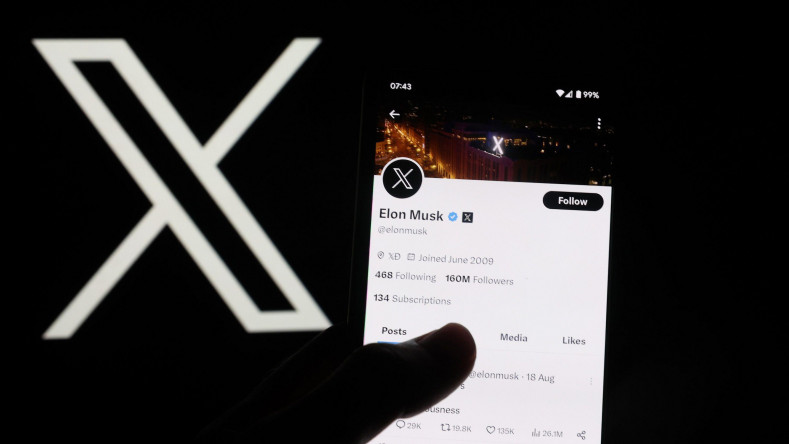
Musk's X accused of breaching content rules by EU
Elon Musk's social media site X has been accused by the European Union of breaching its online content rules, with its "verified" blue tick accounts having the potential to "deceive" users, BBC News reports.
The bloc's tech regulator said users could be duped into thinking the identity of those with blue tick marks was verified, when in fact anybody can pay for a blue tick. It said it had found evidence of "malicious actors" abusing the system.
The investigation began under the EU's Digital Services Act (DSA).
It could lead to X being fined up to 6% of its global annual turnover and being forced to change how it operates in the bloc.
Mr Musk reacted angrily: "The DSA is misinformation," he wrote on X.
The billionaire, who bought the platform for $44bn in 2022, said the DSA rules amounted to "censored speech" which he said he found unacceptable.
X chief executive Linda Yaccarino also defended the company's practices.
"A democratised system, allowing everyone across Europe to access verification, is better than just the privileged few being verified," she wrote on the social media site.
The findings follow a seven month investigation under the DSA.
The law, which was introduced in 2022, requires big tech firms, like X, to take action to stop illegal content and safeguard the public.
ByteDance's TikTok, AliExpress and Meta Platforms are also being investigated under the act.
The Commission said its review of X had found a lack of transparency around advertising and that X did not provide data for research use as required under EU rules.
"In particular, X prohibits eligible researchers from independently accessing its public data, such as by scraping, as stated in its terms of service", the Commission said.
The tech regulator also said that the way X designed and operated its interface for blue tick verified accounts did "not correspond to industry practice and deceives users".
"Since anyone can subscribe to obtain such a 'verified' status, it negatively affects users' ability to make free and informed decisions about the authenticity of the accounts and the content they interact with," it said.
"There is evidence of motivated malicious actors abusing the 'verified account' to deceive users," it added.
Newsfeed
Videos






























